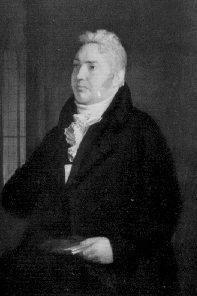 |
 |
 |
 |

Along with William Wordsworth, with whom he published the Lyrical Ballads in 1798, Coleridge has traditionally been considered one of the central figures in the history of early British Romanticism.
Although a poem like "The Rime of the Ancient Mariner" achieved an immediate fame when it was published in the first edition of Lyrical Ballads others of his poems took a more circuitous route to public acclaim. "Christabel" and "Kubla Khan" for instance, were not published until 1816, but these poems were so circulated in manuscript among contemporary literary figures as to have cast an influence among other writers of the time years before their actual publication. "Christabel," with its eerie undercurrent of psychological possession may be thought to have had a truly momentous impact when Byron read it aloud to the group of aspiring writers assembled in Geneva during the summer of 1816, since his fragment of a story about vampirism and Polidori's completed novella, The Vampyre, reflect its milieu. Frankenstein, if more obliquely, in its emphasis on obsession and the transcendence of natural law, suggests a like impact.
"The Rime of the Ancient Mariner," twice directly cited in the novel (see Walton's second letter to Mrs. Saville and 1.4.4) and frequently also the subject of subtle allusion (see, for instance, 1.2.3 and note, or 3.1.3 and note) casts a long shadow over its conceptions.
There is nothing odd about this, for Coleridge bore an unusual weight in the house in which Mary Godwin was raised. William Godwin, although separated from Coleridge on key matters of philosophy and theology, was deeply attached to him, calling him one of his four "oral instructors." Accordingly, Coleridge was a frequent guest in the Godwin household. Mary Shelley never forgot the experience of hearing Coleridge recite his "Rime" as she hid behind the sofa. Given Coleridge's brilliance in conversation, she may have imbibed more from her youthful encounters with him than a later time can ever know. Certainly, the implicit tribute accompanying her frequent allusions to him in the course of Frankenstein suggests a deep and personalized admiration.